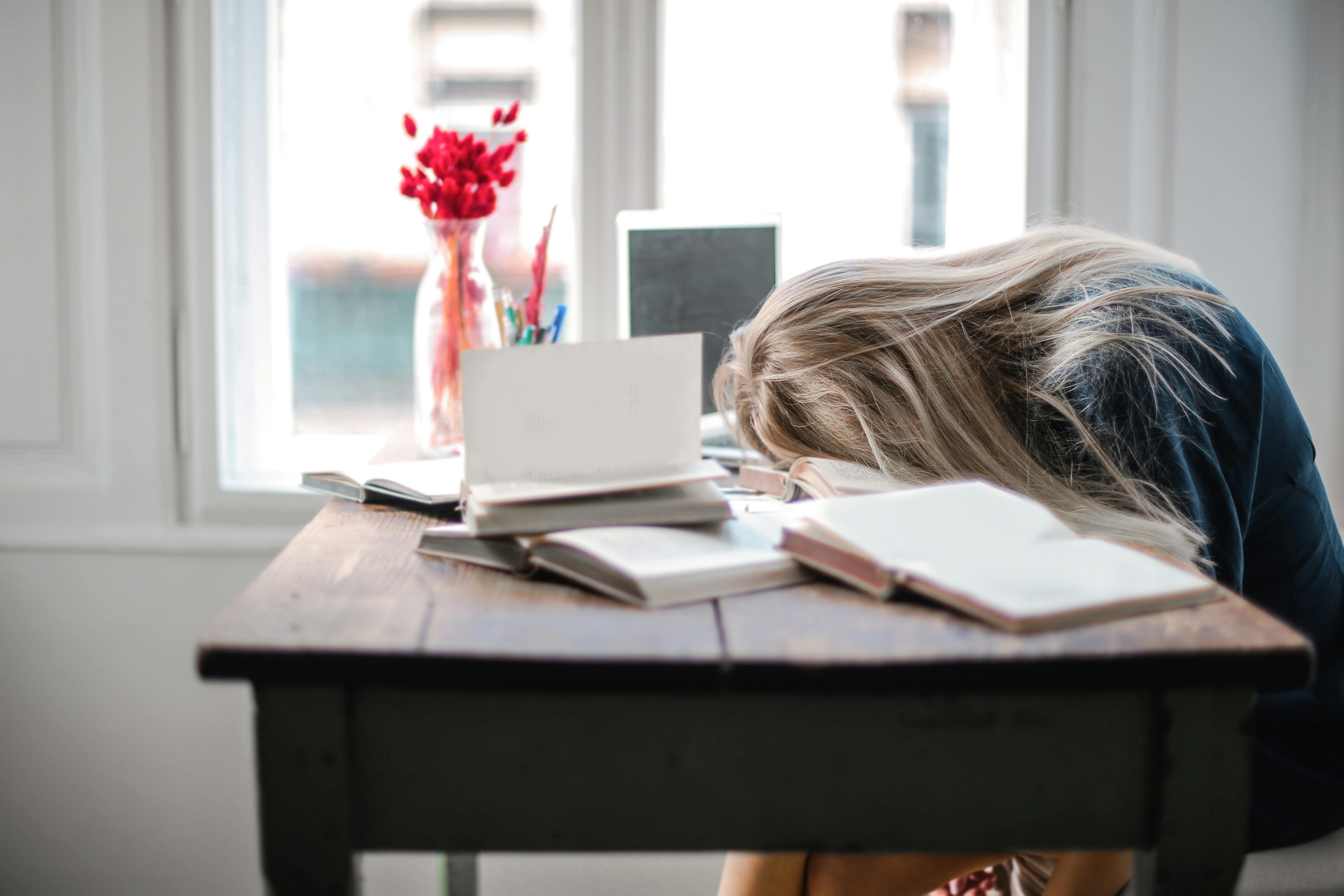Do you wake up exhausted, feel sluggish throughout the day, or even think that you’re not normal due to your level of fatigue?
You’re as not alone as not alone gets, my friend.
I always say that the three most valuable resources we have are attention, time, and energy. Feeling a lack of any of those can be truly devastating to your day and, subsequently, your life.
So let’s talk about the first step to having more energy: An audit.

What is an energy audit?
An energy audit is a self-assessment to discover what might be making you feel tired, lack focus, or other symptoms related to energy and rest.
You track the activities and details of your day to find patterns and determine the best changes to make to your schedule and lifestyle.
With more information about how your energy levels work, you can tweak your life and habits to achieve benefits like:
Improve energy levels.
Knowing what gives and what takes energy from us can help us reserve and create more energy for ourselves.
Fall asleep faster.
Getting enough sleep is probably the most important thing you can do for your body and mind. If you’re feeling tired, feel like you can never get a good night’s rest, find physical activity draining, or are unhappy with the hours of sleep you get, that can have major repercussions on your health.
Understanding our energy levels can help us improve sleep and fall asleep faster.
Improve mental and physical health.
Using energy in positive ways–regular exercise, being creative, feeling productive–improves our health.
Misusing our energy–abusing caffeine, alcohol, or other substances; not drinking enough water; participating in unnecessarily draining activities; setting poor boundaries–greatly damages our health.
Increase productivity.
Understanding how you spend, receive, and retain energy helps to strategize things like the best work hours, focus modes, and office environments to help you optimize your efficiency, boost productivity, and work fewer hours.
How to do an audit.
In order to improve energy levels, we need to know what we’re working with.
Use this download to track your energy and activities for a day, then fill out the worksheet to determine where you need to make some changes.
Underlying issues.
Saying “figure it out and do better” is all well and good for those of us who are generally healthy and able, but sometimes there are bigger problems to address. If you think this might apply to you, here are a few things to consider:
- talk to your doctor
- get a blood test to: check for abnormalities, overactive or underactive thyroid, eliminate diabetes as a possibility, ensure oxygen levels are functional, test for low iron
- drink less alcohol/smoke less weed
- cut back on caffeine
- drink more water
- get more regular exercise
- manage stress and anxiety
- eat healthy wholesome foods
- do what you can to get a better night’s rest
How to get better sleep.
Getting good sleep is imperative to getting more energy. If you wake up feeling sluggish, struggle to fall asleep, and/or don’t stay asleep throughout the night, you may need to address your sleep hygiene. Here are a few things to look for.
1. Bedtime routine.
My #1 tip for excellent sleep is to develop an effective bedtime routine.
Activities to consider:
- calming movement like stretching or tai chi (releases tension from the day)
- a warm shower or bath an hour or two before bed (your body working to cool itself off makes you sleepy)
- stop eating an hour or two before bed (digestion disrupts sleep)
- putting your phone away an hour or two before bed (blue light disrupts sleep, and the content we look at is often stressful to some level)
- if you have kids, get them to bed as early as is reasonable
- a calm activity before you sleep, like reading, journaling, praying, meditating, or drawing in bed

2. Morning routine.
A good morning routine is important to keep a stable circadian rhythm.
Morning activities to improve your sleep schedule:
- avoid caffeine for the first hour you’re awake
- get at least 15 minutes of sunshine on your face and eyes soon after waking
- drink water to rehydrate and activate your metabolism (warm water is gentler on your stomach)
- movement boosts your energy and mood for the day
- do something you enjoy for a few minutes–reading, journaling, artistic expression, watering the garden, a skincare routine
- have a filling breakfast with balanced macros

3. Sleep environment.
The environment and conditions of your sleeping area greatly affect how much sleep and the quality of sleep you get. Controlling elements like sound, light, and temperature are important for deep rest.
Check out this post all about sleep optimization:
Sleep Like a Hostage: Mouth Taping, Blindfolds, & Other Methods To Improve Sleep
How to do an energy audit.
To help you collected this important information, we have a free download for you–a 24-hour tracking chart and a self-assessment worksheet. Grab those and look inside for further instruction.
